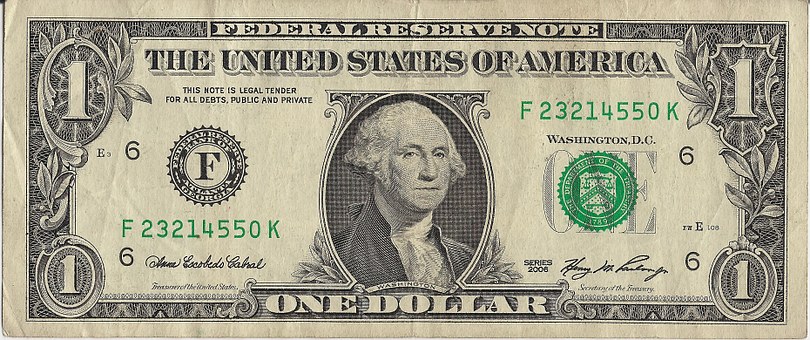PREPPING: THE BASICS OF FINANCIAL PLANNING by Mac Slavo for SHTFPlan
GNN Note – Our house uses the principals of the “prepper community” for this specific purpose. Raise your hand if you are planning on having an accident, getting really sick or have a life altering event this year? No one? No one at all? hmmmmm… Prepping is not about the “world ending” it’s about freedom, serenity and happiness.
******
It’s never too early to start preparing your personal finances for an emergency. Anything can happen, and if it does, knowing the basics of financial planning for preppers could help keep an emergency from becoming an overwhelming crisis.
Don’t be one of those people who has a massive stockpile of prepping gear, emergency food, and water, but lives paycheck to paycheck with high credit card debt and no emergency or retirement savings. Prepping your finances is just as important as storing food and water.
While prepping for a zombie apocalypse can be fun, you are much more likely to face a financial emergency that an uprising of the undead. So, here are a few tips to help you prepare and get you on the right path in 2020.
Build a “Rainy Day Fund”
Saving money as opposed to spending it is hardly fun, however, if you’d like to be able to mitigate financial emergencies, such as a trip to the emergency room or a job loss, you will need to save. Put 3-6 months’ worth of expenses into a savings account and don’t touch it. Use it only if a financial crisis strikes and you have to. This provides some well-needed stress relief too. If you know you have some money to fall back on, the worries seem to evaporate.
Work on Getting Out of Debt
Try to pay off those debts that put a strain on your income. As you reduce your monthly bills, you’ll notice you’ve got more wiggle room to bulk up your rainy-day fund too! The average American with a credit card balance carries $16,000 in debt at a 17% interest rate. That’s a lot of money leaving your hands and flowing into the creditors.
Cut Your Expenses
Look at how you spend your money each month and make decisions on where to cut back. Do you NEED the premium cable package? What about those monthly subscriptions? These are only a few ways you could cut back on your expenses so you have a little extra to save and pay down debt each month. Create a budget with your spouse and make hard choices. It’ll be worth it in the long run when you are no longer living paycheck to paycheck and you can buy more items for your stockpile. Budgets tend to be as difficult to stick to for Americans as healthy eating. But both will benefit you immediately, and even more so in the future.
Speaking of diets…
Eat Better
I know it seems crazy, but this will have a major effect on your wallet, especially in later years. Treating obesity and the related diseases, such as diabetes, has been putting a financial strain on so many Americans. Improving your diet is not a new idea to help save on future medical costs. In fact, some hospitals have even taken to using food as medicine. Considering what we eat in general is making us sick and unhealthy, it isn’t so far fetched to assume that a small increase in expenditures on high-quality vegetables and meat instead of cheap boxed and processed foods could have the net result of thousands of dollars saved on healthcare in the future.
So try to get on track this year financially and be better prepared to handle any type of SHTF event!




